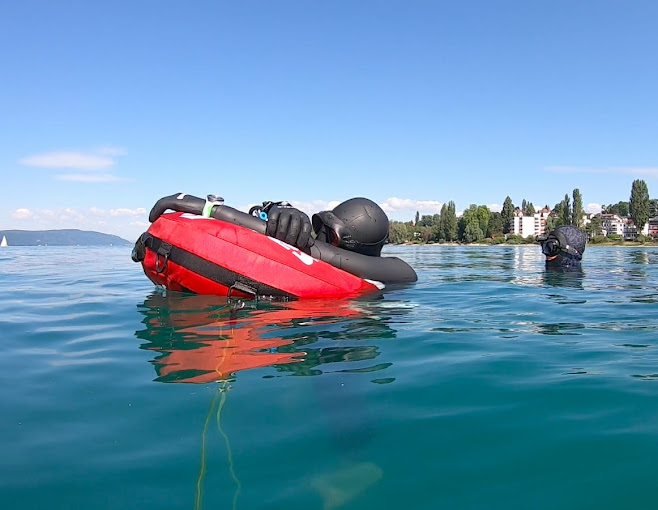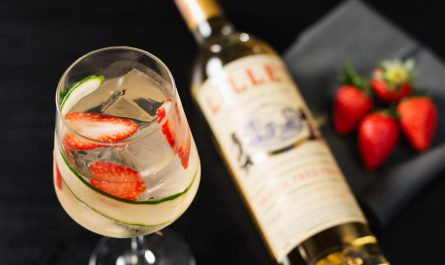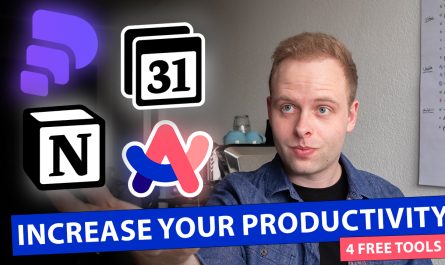In Switzerland, freediving can be conceived as a new sport that currently attracts many people from different age levels, exploring the lake and conceiving a gentle underwater adventure.
As it is solely based on breath-holding under the conscious and subconscious of your body abilities and Unlike scuba diving with oxygen gear, the only oxygen you would need for freediving is what you hold in your lungs.
You can start this sport with minimum swimming skills; however, if you are a good swimmer, that would add value to your growing steps.
The level one free diving course would sit your feet on the basis of freediving and breath-holding practice. The duration of the starter course is one day, divided into theory, dry exercise, and pool sessions. By taking the 2-day full course, you get an extra 2 open water sessions beside the certification when reaching the minimum depth of ten metres.
So what to expect in Freediving course one and beginner course ?
Theory and self-study
You would be provided with a self-study theory, such as the physiology of freediving, freediving skills, and your diving environment. This is beneficial to having a deeper understanding of how your body works during the act, along with the safety procedures that you need to be fully aware of and being aware of marine life and the environment.
During day one, you would also have a classroom session where you would get a chance to receive answers to any questions or expand on a certain topic.
After successfully finishing the study phase, it would be followed by an exam.
Dry Excersie
The dry exercise usually takes place on a yoga mat, and exercising to do the breath-up is composed of relaxation and breathing practice. Inhale and exhale longer, followed by the final full breath. Inhale completely to fill your stomach and chest, then hold, and when you breathe again, you do a passive exhale and, lastly, 3-5 recovery breaths.
Pool sessions
This would include an assessment of your ability to swim and hold your breath underwater, composed of developing breath hold through static (floating at the surface) and dynamic (swimming underwater). During this session, you would also practice safety by taking care of your buddy, who is doing the dive.
Open water sessions
It is usually composed of two sessions taking place in the lake or in a deep pool, starting with the weighting check and a series of warm-up dives, where you use free immersion by pulling yourself down a weighted line using your hands, along with learning more about your self-rescue skills.
-
Check out the following Podcast – Video of a sneak peaks from Freediving Beginner Course with Daniel Schönenberg the Main Freedive instructor in Manta Cruz as he walks us through the course content.
https://youtu.be/GcBusfJuCf4
The level one freedive course equipment is included in the course fees, and you can also try new equipment with the wide range of different gears offered. To start with the basic tool kit, you would need a freediving mask, snorkel, wet suit, lanyard, weights, and fins.
The minimum age for starting is 12 years old, and there is no maximum age. All courses are offered in three languages: French, English, and German.
Click here to start a healthy lifestyle journey with freediving.
Disclaimer 1: Consent was obtained from participants both before and during the video recording process.
Disclaimer 2: To maintain transparency, it’s important to note that Daniel Schönenberg is my spouse, and I have been overseeing the marketing efforts for his freedive section.
Disclaimer 3: Never dive alone. Freediving should only be done with a certified instructor or a certified safety diver.
Disclaimer 4: Note, the information is provided for reference only, and is not a substitute for formal training. We strongly recommended that you complete a freediving course before taking up freediving in any form.



Good job, really detailed blog 🙂
Thank you 🙂